Pure Ghee: Unraveling the Health Benefits and Versatile Uses
Ghee, also referred to as clarified butter, boasts a long and illustrious history, earning nicknames such as “liquid gold” or “sacred fat.” Its origins can be traced back to ancient India, around 1500 – 500 BCE, when the domestication of cattle and the practice of consuming butter began.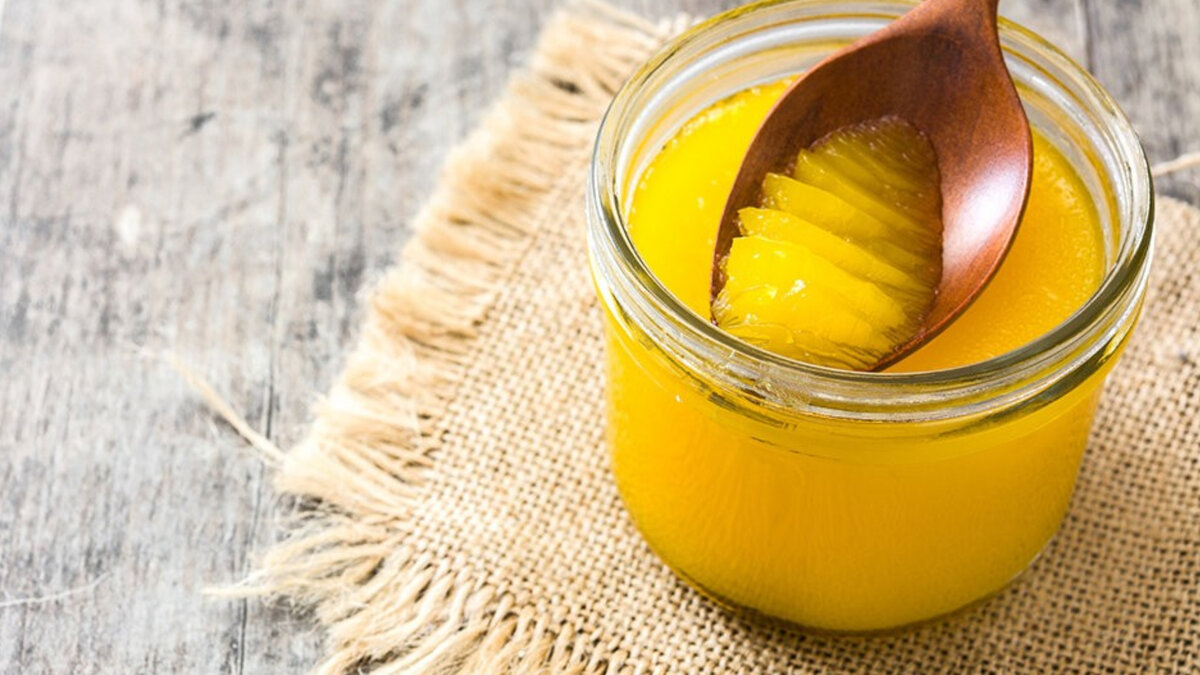 Over the course of many millennia, ghee has played a vital role in Indian cuisine and Hindu rituals, signifying its deep-rooted significance in the culture.
Over the course of many millennia, ghee has played a vital role in Indian cuisine and Hindu rituals, signifying its deep-rooted significance in the culture.
Unlike butter or oleo in American cooking, ghee is an essential and nutritious component in a wide array of Indian dishes. Furthermore, its significance extends beyond the culinary realm, as it is often utilized in religious ceremonies and various healing arts within Indian traditions.
Furthermore, ghee’s nutritional and health benefits are widely praised, making it an ideal dietary choice for individuals ranging from athletes to those pursuing simple diets.
What is Ghee?
Ghee is a type of clarified butter that originated in ancient India. It is made by heating butter to separate the milk solids and water from the pure butterfat. This process results in a golden, nutty, and aromatic liquid that is often referred to as “liquid gold” due to its rich flavor and versatility.
Ghee has a higher smoke point than regular butter, which makes it ideal for cooking at higher temperatures without burning. It is commonly used in Indian cuisine, where it adds a distinctive taste to various dishes and serves as a fundamental ingredient in many recipes.
Besides its culinary uses, ghee holds cultural and religious significance in India, being utilized in Hindu rituals and ceremonies. Its long shelf life, unique flavor, and potential health benefits have also contributed to its popularity beyond Indian borders, making it a sought-after ingredient in global cuisine.
Pure Ghee Nutrition Value
The nutritional value of pure ghee (clarified butter) per 100 grams typically includes the following:
Calories: Approximately 900 kcal
Total Fat: Around 100 grams
Saturated Fat: Approximately 61 grams
Monounsaturated Fat: Around 28 grams
Polyunsaturated Fat: Approximately 3.7 grams
Cholesterol: About 260 milligrams
Vitamin A: Around 3000-4000 IU (International Units)
Vitamin E: Approximately 2 milligrams
Vitamin K: About 8 micrograms
Lactose: Very minimal or none (removed during the clarification process)
Protein: Minimal or trace amounts
Carbohydrates: Negligible or none (removed during the clarification process)
Fiber: None
It’s important to note that ghee is high in saturated fat, which should be consumed in moderation as part of a balanced diet. However, ghee also contains essential fat-soluble vitamins like Vitamins A, E, and K, which have important roles in various bodily functions. As with any food, it’s best to use ghee in moderation and as part of a varied and healthy diet.
Ghee Ayurvedic Properties
Ghee, in the context of Ayurveda, possesses several beneficial properties:
1. Cleansing: Ghee is used in Ayurvedic remedies for cleansing the body, especially through the panchakarma system. Larger doses of ghee are administered on an empty stomach to aid in the detoxification process.
2. Strengthening: It is believed that consuming ghee in smaller amounts, mixed with food, can help strengthen and nourish the body.
3. Medicinal Use: Ghee is used as a carrier for certain herbal medicines in Ayurveda. When it is used to address specific diseases or conditions, it is given in medium doses on an empty stomach.
4. Skin, Mental, and Digestive Health: Ayurveda considers ghee as a vital food that promotes healthy skin, enhances mental clarity, and aids in digestion.
5. Therapeutic Benefits: In Indian therapeutic practice, ghee is used to help with conditions such as ulcers, and constipation, and to promote healthy eyes and skin.
6. Memory Enhancement: Ghee is believed to have a positive impact on memory and cognitive function.
7. Mind and Brain Balance: Ayurvedic practitioners suggest that ghee can help balance the mind and intensify brain function.
Overall, ghee holds a significant place in Ayurveda due to its versatile and beneficial properties, making it an essential ingredient in various Ayurvedic treatments and remedies.
Ghee Ayurvedic Uses
In Ayurveda, ghee (clarified butter) holds significant importance and is used for various purposes due to its therapeutic properties. Some of the common Ayurvedic uses of ghee include:
1. Medicinal Carrier: Ghee is often used as a carrier for various medicinal herbs and formulations. It helps deliver the active compounds of herbs to targeted tissues and enhances their effectiveness.
2. Digestive Aid: Ghee is believed to aid in digestion and improve gut health. It is used to alleviate digestive discomfort and promote better absorption of nutrients.
3. Cleansing: Ghee is utilized in cleansing therapies, such as panchakarma, to help remove toxins from the body and support detoxification.
4. Nervine Tonic: It is considered a nourishing tonic for the nervous system and is used to promote mental clarity and focus.
5. Skin and Hair Care: Ghee is applied topically in some Ayurvedic treatments to moisturize and nourish the skin and hair.
6. Ayurvedic Massage: In Ayurvedic massage therapies, ghee is often used as a massage oil to promote relaxation and rejuvenation of the body.
7. Ayurvedic Cooking: Ghee is extensively used in Ayurvedic cooking due to its ability to enhance the taste and nutritional value of foods.
8. Eye Health: Ghee is sometimes used in Ayurveda to support eye health and to alleviate dryness or irritation in the eyes.
9. Joint Health: In certain Ayurvedic practices, ghee is used to lubricate the joints and promote joint health.
It’s essential to consult with a qualified Ayurvedic practitioner before using ghee or any other Ayurvedic remedies, as they can provide personalized recommendations based on an individual’s specific constitution and health needs.
Benefits Of Eating Ghee
1. Healing Properties: Ghee can be applied topically to aid in the healing of burns and swelling, thanks to its soothing and nourishing qualities.
2. Lactose Intolerance: For individuals who are lactose intolerant, ghee is a safer option as the milk solids responsible for lactose intolerance are removed during the clarification process.
3. Healthy Saturated Fat: Ghee is a highly digestible source of saturated fat, free from unhealthy trans fats and hydrogenated fats.
4. Butyric Acid: Ghee contains butyric acid, which is believed to possess anti-cancer and anti-viral properties, contributing to overall health.
5. Conjugated Linolenic Acid (CLA): Ghee contains conjugated linolenic acid, which may aid in weight loss, particularly targeting belly fat. It has also been studied for its potential to slow the progression of certain types of cancer and heart disease. However, it is essential to use it in moderation.
6. Antioxidants: Ghee is rich in antioxidants, which help combat free radicals in the body and support overall well-being.
7. Enhanced Nutrient Absorption: Ghee aids in the digestion and absorption of vitamins and minerals from other foods, promoting better nutrient assimilation.
8. Fortifies the Immune System: Due to its various beneficial components, ghee can help strengthen the immune system, supporting the body’s natural defense mechanisms.
Ghee Side Effects
While ghee offers several benefits, it’s essential to be aware of potential side effects, particularly when consumed in excessive amounts:
1. High in Saturated Fat: Ghee is high in saturated fat, which, when consumed in large quantities, can contribute to elevated cholesterol levels and increase the risk of heart disease.
2. Calorie-Dense: Ghee is calorie-dense, so overconsumption can lead to weight gain if not balanced with overall caloric intake.
3. Lactose and Casein Sensitivity: While ghee is considered safe for most people with lactose intolerance, some individuals may still experience sensitivity to the trace amounts of lactose or casein that might remain in ghee.
4. Allergies: As ghee is derived from milk, individuals with dairy allergies should avoid it.
5. Not Suitable for Vegans: Ghee is an animal product and is not suitable for those following a vegan diet.
6. Cholesterol Concerns: People with pre-existing high cholesterol levels or certain health conditions should consume ghee in moderation.
7. Potential for Oxidation: Like all fats, ghee can undergo oxidation when exposed to heat, light, or air, leading to the formation of harmful free radicals. Storing ghee properly in an airtight container away from direct sunlight can help minimize this risk.
8. Overconsumption: Excessive consumption of ghee, like any fat, can lead to digestive discomfort, including diarrhea or abdominal pain.
Note: If you have specific health concerns or conditions, it’s advisable to consult with a healthcare professional or a registered dietitian to determine the best dietary choices for your individual needs.
Frequently Asked Questions (FAQs) on Pure Ghee
1. What is pure ghee?
Pure ghee, also known as clarified butter, is a traditional Indian cooking fat made by heating butter to separate the milk solids and water from the pure butterfat. The resulting golden liquid is highly aromatic and rich in flavor.
2. Is pure ghee suitable for lactose-intolerant individuals?
Yes, pure ghee is considered safe for most lactose-intolerant individuals. During the clarification process, the milk solids responsible for lactose intolerance are removed, making ghee a suitable option for those with lactose sensitivity.
3. What are the health benefits of pure ghee?
Pure ghee offers various health benefits. It is a good source of healthy saturated fats, which can support brain health and hormone regulation. Ghee also contains essential fat-soluble vitamins like A, E, and K. Moreover, ghee is believed to have anti-cancer and anti-viral properties due to components like butyric acid and conjugated linolenic acid (CLA).
4. How can pure ghee be used in cooking?
Pure ghee is a versatile cooking fat and can be used in a wide range of culinary applications. It has a high smoke point, making it suitable for frying, sautéing, and baking. Ghee also adds a rich and nutty flavor to dishes, enhancing the taste of both savory and sweet recipes.
5. Can pure ghee aid in weight loss?
Some studies suggest that conjugated linolenic acid (CLA) found in ghee may aid in weight loss, particularly in reducing belly fat. However, it is essential to consume ghee in moderation as it is calorie-dense.
6. Is ghee safe for individuals with cholesterol concerns?
While ghee does contain saturated fat, recent research indicates that it may not significantly impact cholesterol levels in the same way as trans fats or processed fats. However, individuals with pre-existing cholesterol concerns should consume ghee in moderation as part of a balanced diet.
7. Can ghee be used for skin and hair care?
Yes, ghee can be applied topically to moisturize and nourish the skin and hair. Its soothing properties can help alleviate dryness and irritation.
8. How should ghee be stored?
To preserve its freshness and quality, store ghee in an airtight container in a cool, dark place away from direct sunlight.
9. Is pure ghee suitable for a vegan diet?
No, ghee is an animal product derived from butter, and it is not suitable for those following a vegan diet.
10. Where can I buy pure ghee?
Pure ghee is commonly available in grocery stores, specialty food stores, and online retailers. Look for reputable brands that offer 100% pure ghee without any additives or preservatives.
References:
- The effect of ghee (clarified butter) on serum lipid levels and microsomal lipid peroxidation(1)
- Ghee : Its Properties, Importance and Health Benefits(2)
- Ghee(3)
- Health benefits of ghee (clarified butter) – A review from ayurvedic perspective(4)



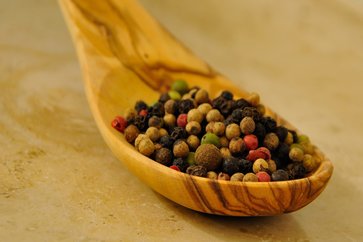


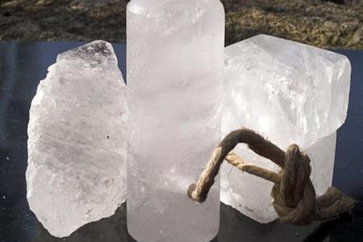
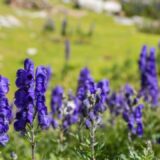
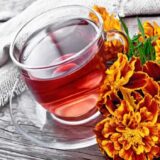















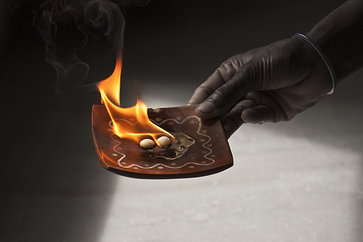


Ghee or clarified butter, has been around in India for thousands of years. Prepared by simmering butter and removing the residue, ghee is traditionally considered to be the food of the Gods – with mystical healing properties.